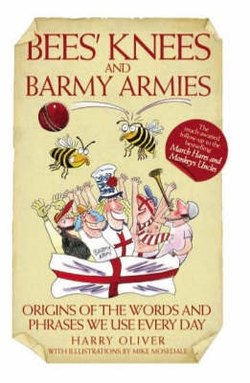Читать книгу Bees Knees and Barmy Armies - Origins of the Words and Phrases we Use Every Day - Harry Oliver - Страница 12
На сайте Литреса книга снята с продажи.
Bee in Your Bonnet
Оглавление‘Don’t get a bee in your bonnet!’ is a common adage used in conversation. Meaning ‘Don’t get crazy or worked up’, the phrase is thought to stem from the sixteenth-century saying ‘to have a head full of bees’. The metaphorical notion of a head abuzz with bees equating to craziness must have always been easy to understand, but it was the poet Robert Herrick who threw the bonnet into the mix in his 1648 ‘Mad Maid’s Song’:
Ah! woe is me, woe, woe is me! Alack and well-a-day!
For pity, sir, find out that bee
Which bore my love away.
I’ll seek him in your bonnet brave,
I’ll seek him in your eyes;
Nay, now I think they’ve made his grave
I’ th’ bed of strawberries.
To have a bee flying around the head in the perfect trap formed by a bonnet would be truly maddening. It is assumed that the alliteration of ‘bee’ and ‘bonnet’ meant that Herrick’s take on the phrase stuck.
